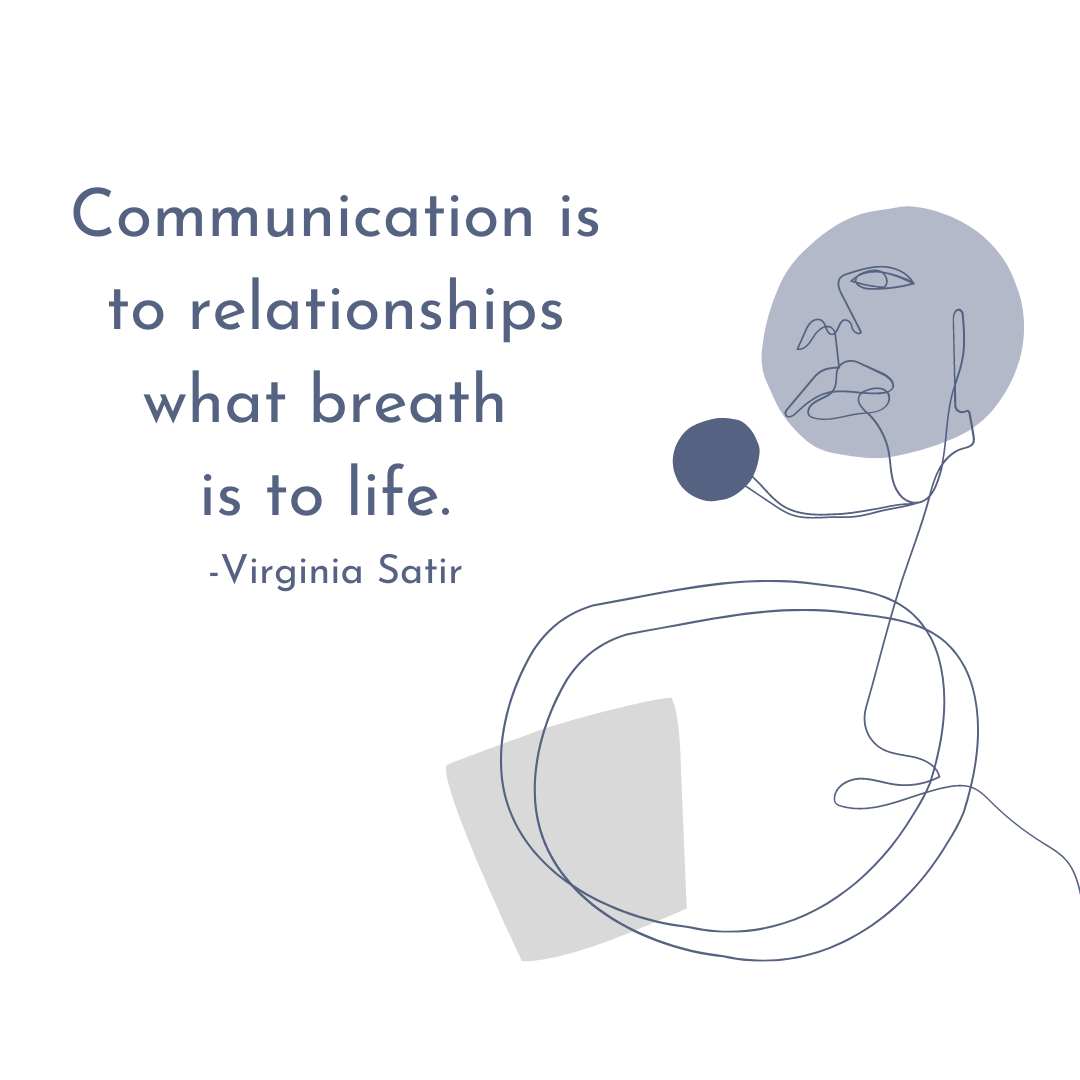It is important to understand what is your communication style and learn what are the main communication mistakes, to learn not to make them!
🗣️ What is your communication style? 🌸Assertive Assertive communication is based on balance. It is about saying what you need in a clear and boundaried way, at the same time that you respect the other person. These individuals value themselves, their time, and their emotional, spiritual, and physical needs and are strong advocates for themselves while being very respectful of the rights of others. e.g. I feel scared when you raise your voice. I would like you to speak in a softer tone. 💥Aggressive Aggressive communication is based on winning. You do what is in your own best interest without regard for the rights, needs, feelings, or desires of other people. When someone uses aggressive communication, they want to use their power to influence the decision / outcome. They may come across as pushy or even bullying. Their power is used to win, taking what they want without asking for the other person's opinion or needs. e.g. Shut up! Your tone is so loud. Keep it down! 😔 Passive Passive communication is based on avoidance. You try to avoid conflict by agreeing with the other person. You try to protect yourself by not expressing your feelings, needs, or opinions. As a result, passive individuals do not respond overtly to hurtful or anger-inducing situations. Instead, they allow grievances and annoyances to mount, usually unaware of the buildup. But once they have reached their high tolerance threshold for unacceptable behavior, they are prone to explosive outbursts, which are usually out of proportion to the triggering incident. After the outburst, however, they may feel shame, guilt, and confusion, so they return to being passive. ej. Okay, if that is what you want... 🤨Passive-aggressive Passive-aggressive communication is based on manipulation You appear passive on the surface but are really acting out anger in a subtle, indirect, or behind-the-scenes way. Passive-aggressive communication is a style in which individuals appear passive on the surface but are really acting out anger in a subtle, indirect, or behind-the-scenes way. People who develop a pattern of passive-aggressive communication usually feel powerless, stuck, and resentful – in other words, they feel incapable of dealing directly with the object of their resentments. Instead, they express their anger by subtly undermining the object (real or imagined) of their resentments. e.g. You can keep yelling, if I have a headache afterwards it will be your fault, like everything else... 🆘 Main communication mistakes 1. Using "You" language Relationships should not be a competition. Speaking with “me vs. you” language means seeing the other person as the “enemy.” Talking from a "you" perspective will make the listener defensive. Try to use "I statements" instead to convey how you feel about the situation. An "I" statement is a style of communication that focuses on the feelings or beliefs of the speaker rather than thoughts or charactistics that the speaker attributes to the listener. "I" statements can help foster positive communication in relationships and may help them become stronger, as sharing feelings and thoughts in an honest and open manner can help people grow closer on an emotional level. I have made a post about this. Check it out here. Another positive way to have a conversation to solve an issue is communicating using "we". Try to reframe the "you" to "we" and think of yourselves as a team. Work together, not against each other. 2. Making assumptions Assuming before you have heard the whole story could damage the relationship. Thinking “Oh I don’t even have to hear the rest of this – I already know what they’re going to say!” could bring you to a wrong conclusion about the other person. I am sure you would not like other people assuming things about what you have said, so do not do it to others either. Active listening and asking instead of assuming will help in the communication process and make coming to an agreement more feasible. 3. Beating around the bush Not being clear in what you want to say can create misunderstandings. If you are not clear and concise with your message, the other person may do their own interpretation. Be assertive with your message. Say what you need and why it is important without disrespecting the other person. 4. Lack of empathy It is important to keep in mind that perception is not reality. What you may see and think is not necessarily what the other person sees and thinks. It is typical to see people attacking each other's character (e.g. "you are a bad person") instead of what they say or do (e.g. "your behaviour is not acceptable"). It is important to empathize with the other person and try to understand why they have behaved the way they did. By asking questions about their motives we can build up compassion and understand. From that place, it is easier to come to a resolution and learn from the future. Let me know in comments, what are your thoughts about this and if you have identified your main mistakes.
0 Comments
Leave a Reply. |
AuthorHi there! Archives
January 2022
Categories |

 RSS Feed
RSS Feed
